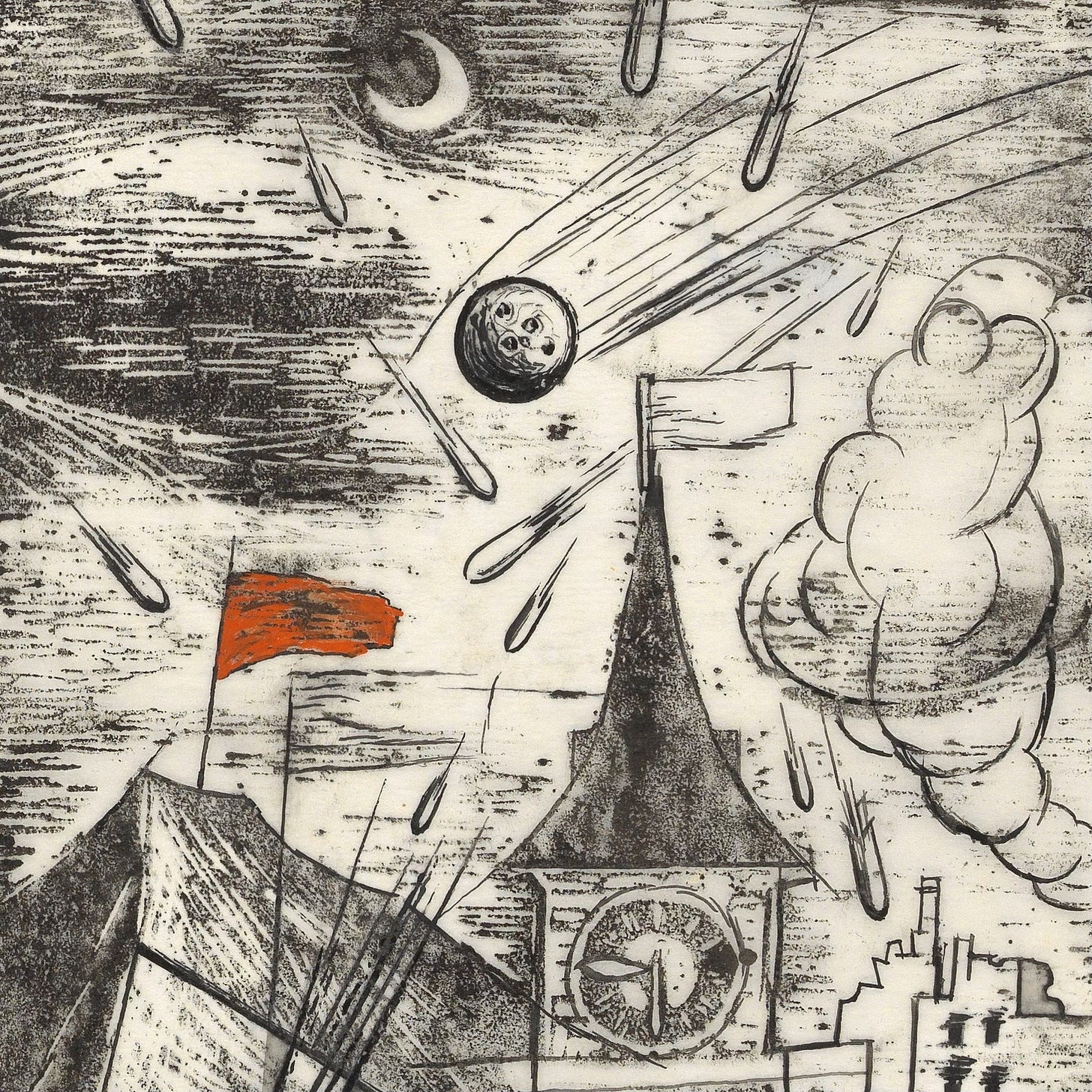Wisdom of Crowds launched on Substack earlier this week. Read our announcement letter for more on our mission and vision. To mark the launch, Shadi Hamid has written an important and ambitious essay on why division—and even hate—may be all we have left. We hope you enjoy it. Damir Marusic responds here. Other responses to come soon. Sign up for free to …
Substack is the home for great culture




